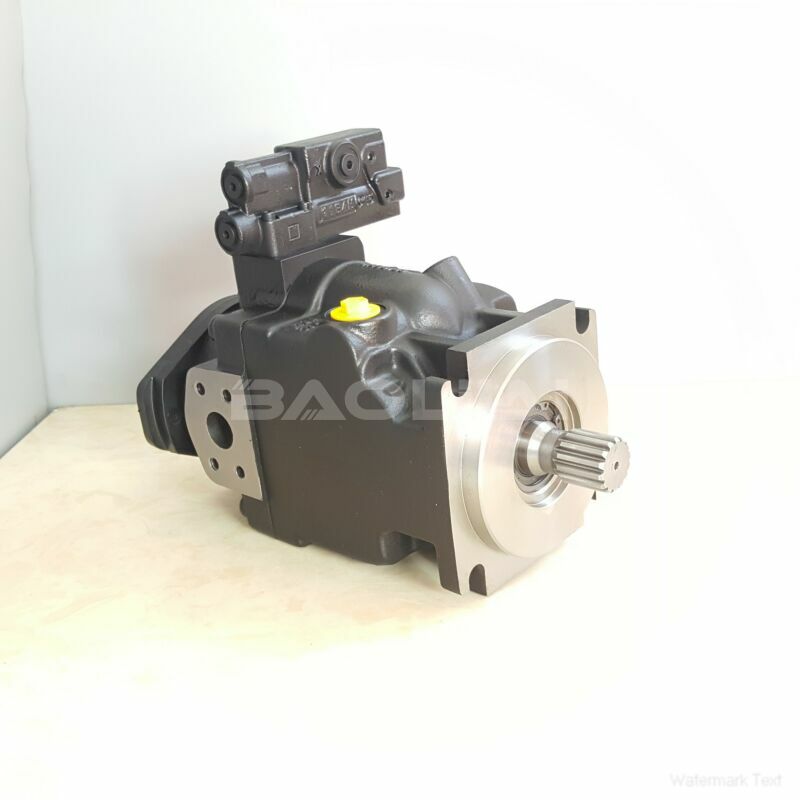JRLS51BLS2020NNN3C2NEA8NNNNJJJNNN hydraulic pump
JRLS51BLS2020NNN3C2NEA8NNNNJJJNNN hydraulic pump

- Product Details
- Applicable Scene
In chemical processing, the role of hydraulic pumps extends beyond just transferring fluids. They are integral to maintaining temperature control, mixing, and even providing the necessary pressure for chemical reactions. For instance, in reactors, stable fluid circulation is essential for uniform heat distribution and ensuring that reactants are thoroughly mixed. Furthermore, hydraulic pumps facilitate the transfer of hazardous materials, requiring stringent safety precautions to prevent leaks and spills.
JR-L-S51B-LS-20-20-NN-N-3-C2NE-A8N-NNN-JJJ-NNN
JRLS51BLS2020NNN3C2NEA8NNNNJJJNNN
Safety is paramount in chemical processing, which is why choosing hydraulic pumps made from suitable materials that can withstand corrosive substances is essential. Engineers must consider factors such as compatibility, wear resistance, and maintenance requirements when selecting pumps to guarantee reliability and longevity in demanding environments.

83026439
Additionally, advancements in technology have led to the development of more energy-efficient hydraulic pumps. Variable speed pumps allow for better control of flow rates, reducing energy consumption and operational costs. Smart monitoring systems can track performance in real-time, allowing for predictive maintenance and minimizing downtime.
In conclusion, hydraulic pumps are vital components in fluid power systems for chemical processing. They ensure the effective circulation and handling of various fluids, ultimately enhancing efficiency and safety in processes. By understanding the different types of hydraulic pumps and their applications, industries can make informed decisions to optimize their operations and maintain high standards of safety and performance. As technology continues to evolve, the role of hydraulic pumps in fluid handling will only become more significant in meeting the demands of modern chemical processing.





